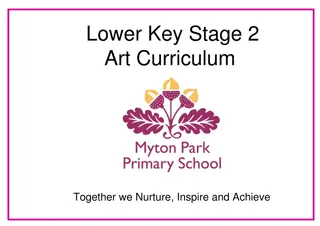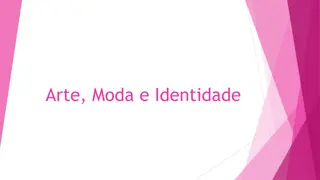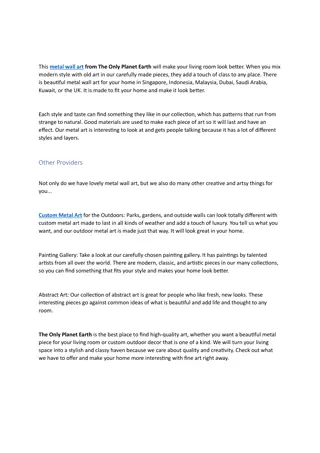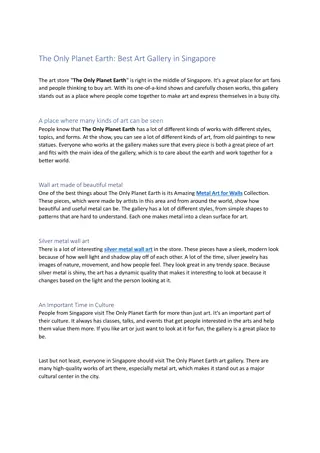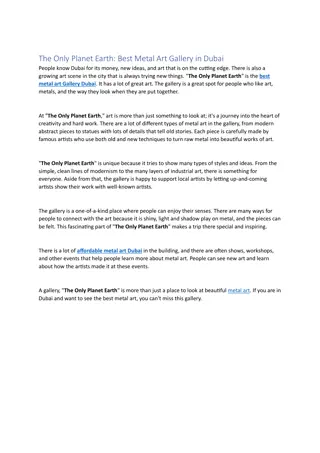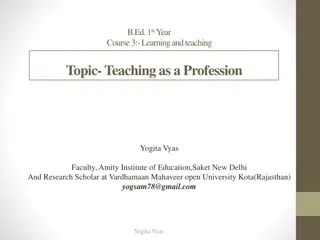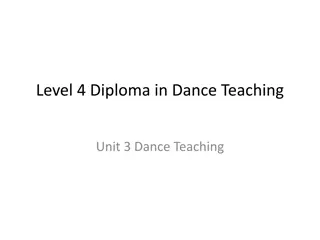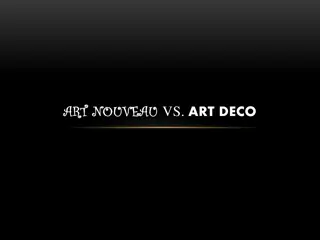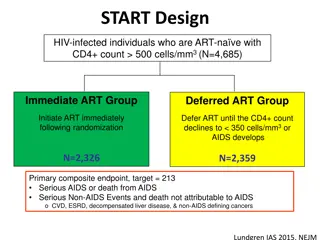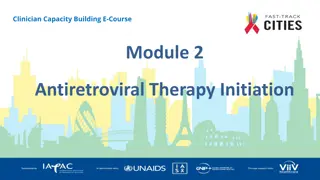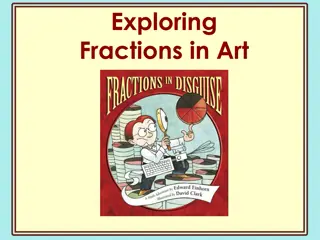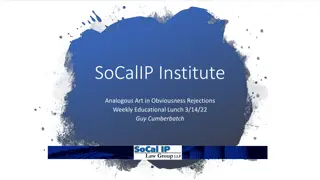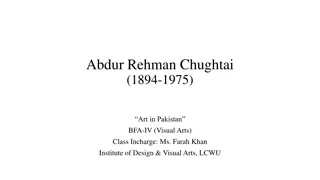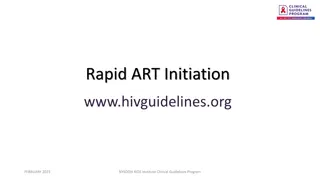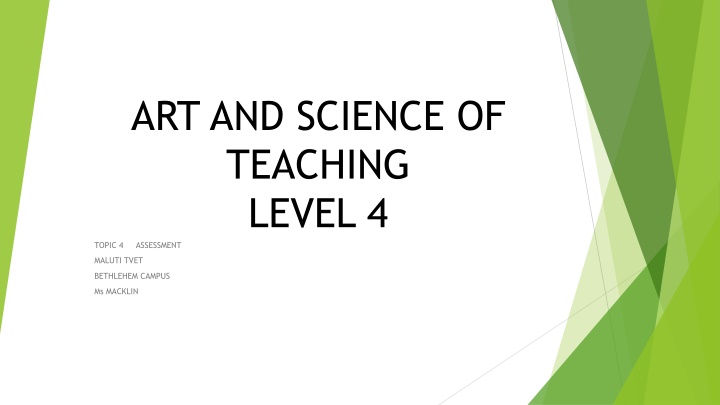
Assessment Principles and Methods in Teaching - Maluti TVET Bethlehem Campus
Explore the art and science of teaching, focusing on assessment principles, approaches, types, tasks, tools, strategies, feedback, and moderation. Gain insights into reliable, practicable, fair, and valid assessment practices at Maluti TVET Bethlehem Campus with Ms. Macklin. Understand the significance of various assessment criteria, tasks, and methods for effective teaching and learning experiences.
Download Presentation

Please find below an Image/Link to download the presentation.
The content on the website is provided AS IS for your information and personal use only. It may not be sold, licensed, or shared on other websites without obtaining consent from the author. If you encounter any issues during the download, it is possible that the publisher has removed the file from their server.
You are allowed to download the files provided on this website for personal or commercial use, subject to the condition that they are used lawfully. All files are the property of their respective owners.
The content on the website is provided AS IS for your information and personal use only. It may not be sold, licensed, or shared on other websites without obtaining consent from the author.
E N D
Presentation Transcript
ART AND SCIENCE OF TEACHING LEVEL 4 TOPIC 4 ASSESSMENT MALUTI TVET BETHLEHEM CAMPUS Ms MACKLIN
ASSESSMENT PRINCIPALS Reliable Practicable Fair Valid Appropriate ASSESSMENT APPROACHES Norm-referenced assessment Criterion-referenced assessment Image result for Pictures of wall charts
ASSESSMENT TYPES Baseline assessment Diagnostic assessment Formative assessment Summative assessment ASSESSMENT METHODS Lecturer or teacher assessment Self-assessment Peer and group assessment Image result for teacher in class cartoon
ASSESSMENT ASSESSMENT CRITERIA Criteria indicate the observable processes and products of learning which serve as evidence of the learner s achievement. ASSESSMENT TASKS Assessment tasks is the activities E.g.. Presentations, writing a report, doing a demonstration, explaining a poster and compiling a portfolio.
ASSESSMENT ASSESSMENT TOOLS The tools are the instruments used to evaluate or judge a learner s performance. Observation sheets. Checklists. Rubrics Rating scales Marking guidelines ASSESSMENT STRATEGIES This is the broad plan of action made to assess the learners performance, using tasks and tools
ASSESSMENT FEEDBACK Feedback is information provided either during or after an activity and which enables a learner to assess how well an activity has been done. MODERATION Moderation is the process of assuring quality and verifying the assessment process.
THANK YOU Who we are today is the result of yesterday s choices. Who we will be tomorrow is the result of today s decisions. Pat Messiti - Stay save See you soon .. Do your best Malerato {Me Macklin} - - - -

